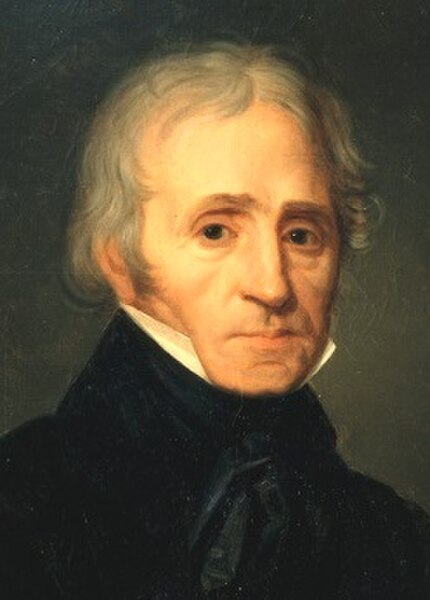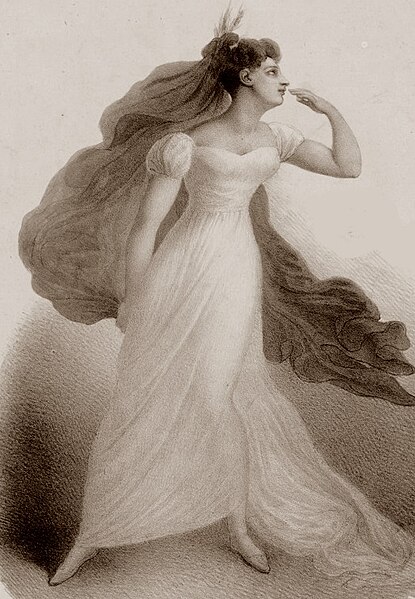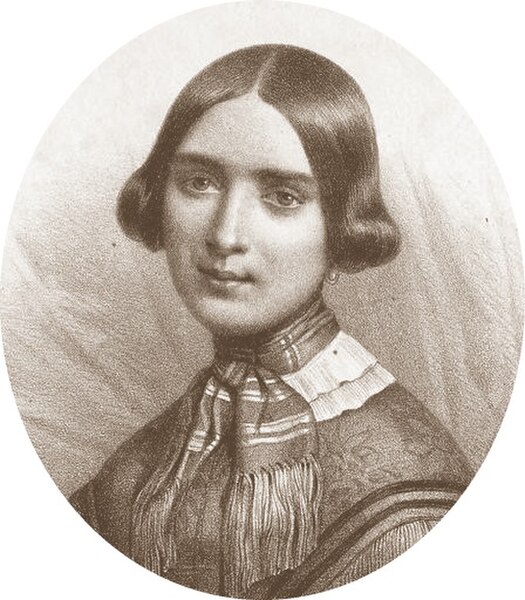Roméo et Juliette (Berlioz)
Roméo et Juliette is a seven-movement symphonie dramatique for orchestra and three choruses, with vocal solos, by French composer Hector Berlioz. Émile Deschamps wrote its libretto with Shakespeare's play as his base. The work was completed in 1839 and first performed on 24 November of that year, but it was modified before its first publication, in 1847, and modified again for the 2ème Édition of 1857, today's reference. It bears the catalogue numbers Op. 17 and H. 79. Regarded as one of Berlioz's finest achievements, Roméo et Juliette is also among his most original in form and his most comprehensive and detailed to follow a program. The vocal forces are used in the 1st, 5th and 7th movements.
Handbill advertising the first performance
Louis-Hector Berlioz was a French Romantic composer and conductor. His output includes orchestral works such as the Symphonie fantastique and Harold in Italy, choral pieces including the Requiem and L'Enfance du Christ, his three operas Benvenuto Cellini, Les Troyens and Béatrice et Bénédict, and works of hybrid genres such as the "dramatic symphony" Roméo et Juliette and the "dramatic legend" La Damnation de Faust.
Louis Berlioz, the composer's father c. 1840
The Opéra, in the Rue le Peletier, Paris, c. 1821
Harriet Smithson as Ophelia
Marie ("Camille") Moke, later Pleyel





